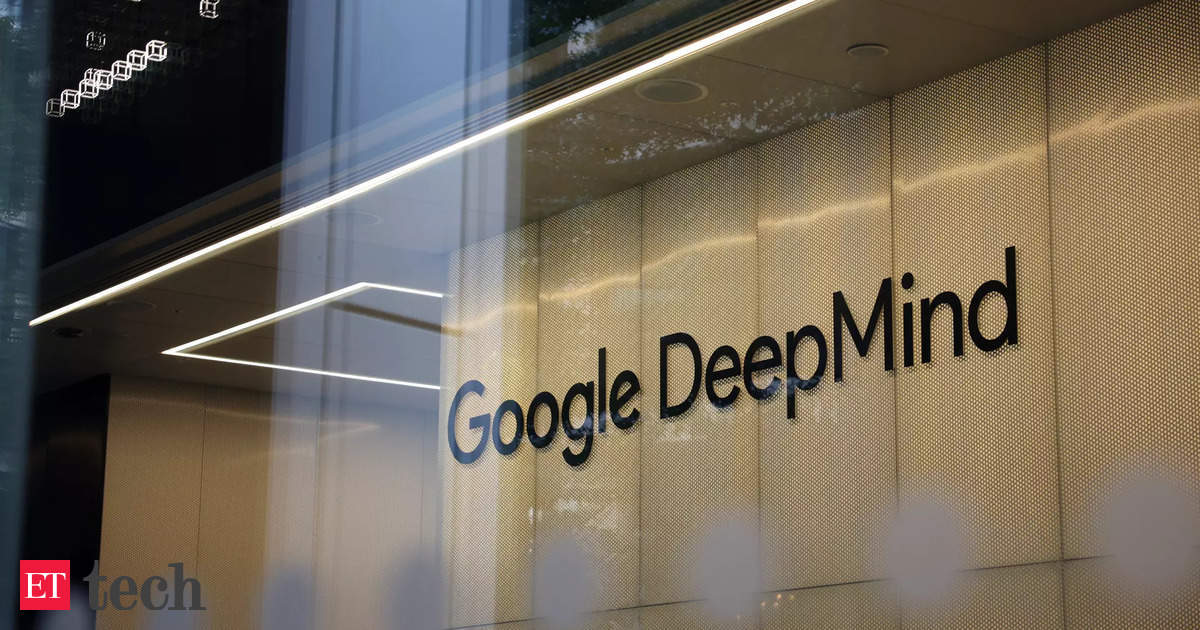DeepMind’s artificial intelligence tool, AlfaFold has cracked the code for predicting complex protein structures from amino acid sequences, solving a five-decade-old scientific puzzle.
The 2024 Nobel Prize in Chemistry was announced on Wednesday, October 9, 2024, by the Royal Swedish Academy of Sciences.
Background
David Baker is the director of the Protein Design Institute at the University of Washington School of Medicine. Baker’s research group develops innovative protein design software to address challenges in medicine, technology and sustainability. The experiments use machine learning (ML) methods to generate functional proteins.
Demis Hassabis is currently the CEO of Google DeepMind and Isomorphic Labs. He, along with John Jumper, introduced AlphaFold 2 in 2020.
Discover the stories of your interest
Hassabis is an artificial intelligence researcher who graduated from Cambridge. He has been associated with roles such as lead AI programmer and also started his own company, Elixir Studios, a London-based independent game developer. Additionally, while pursuing a PhD in cognitive neuroscience at University College London, he continued experimenting with AI as CEO and co-founder of a machine learning AI startup, DeepMind.AlfaFold 2
AlphaFold 2 is an artificial intelligence model developed through Google’s DeepMind initiative. The experiment resulted in the accurate prediction of nearly 200 million known proteins.
AlphaFold is an artificial intelligence system that predicts the 3D structure of proteins from their amino acid sequences. Technology has turned a once complex and time-consuming process into a seamless experience through its freely available predictions on the AlphaFold Protein Structure Database.
It has been used by more than two million researchers worldwide, in areas such as antibiotic resistance and the creation of enzymes capable of breaking down plastics.
Computational protein design
In 2003, David Baker led the design of a new protein using custom software, laying the foundation for protein design.
Custom software refers to custom software solutions designed specifically for a particular project.
The computational approach to designing new proteins transforms the possibilities of protein engineering. New proteins are formed by manipulating 20 different amino acids.
Baker has introduced new functions into the newly designed proteins, such as plastic degradation, that are beyond the capabilities of natural proteins.
This scientific advance opens new possibilities to engineer proteins with personalized functions to address critical scientific and medical challenges, developing new therapeutic solutions.
Last year, the Nobel Prize in Chemistry was jointly awarded to Moungi G. Bawendi, Louis E. Brus and Alexei I. Ekimov for the discovery and synthesis of quantum dots.
Disclaimer:
The information contained in this post is for general information purposes only. We make no representations or warranties of any kind, express or implied, about the completeness, accuracy, reliability, suitability or availability with respect to the website or the information, products, services, or related graphics contained on the post for any purpose.
We respect the intellectual property rights of content creators. If you are the owner of any material featured on our website and have concerns about its use, please contact us. We are committed to addressing any copyright issues promptly and will remove any material within 2 days of receiving a request from the rightful owner.


